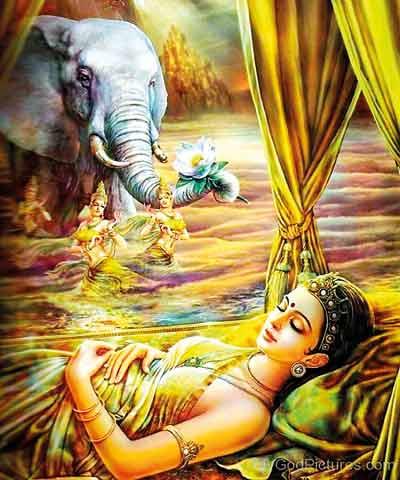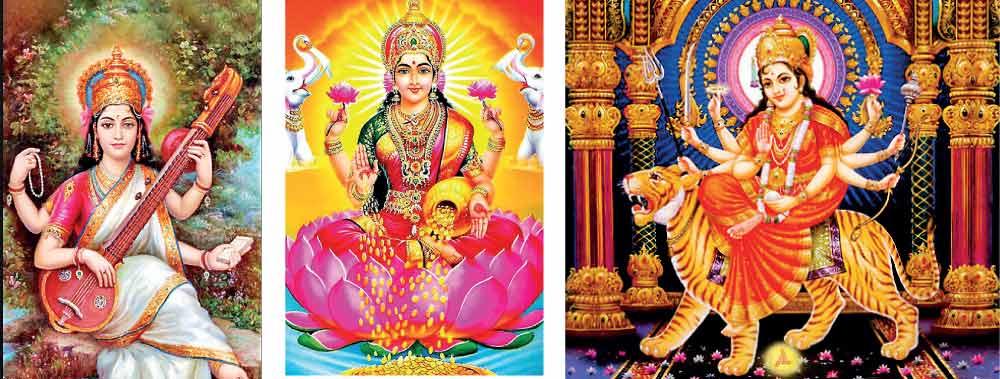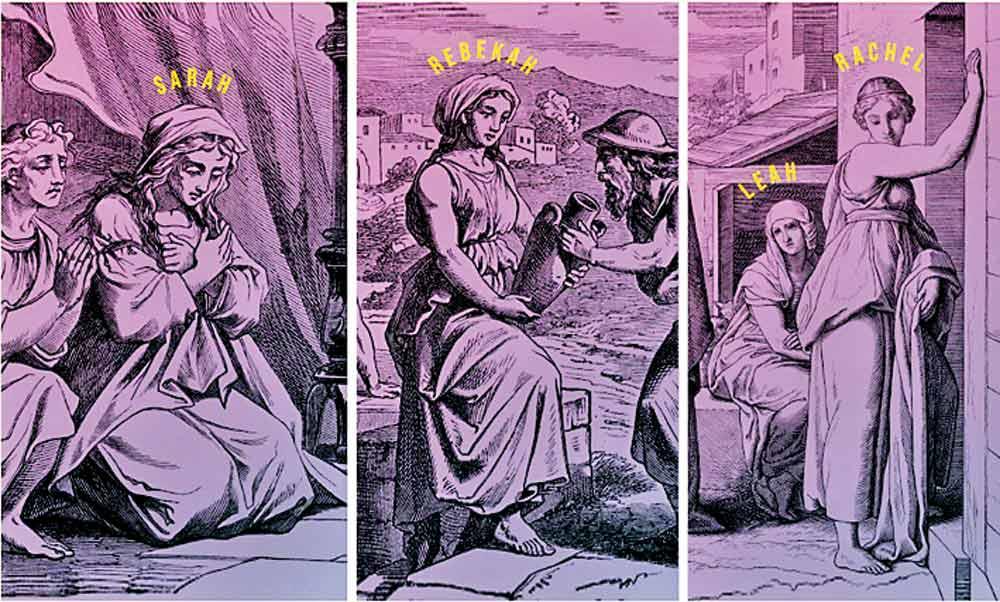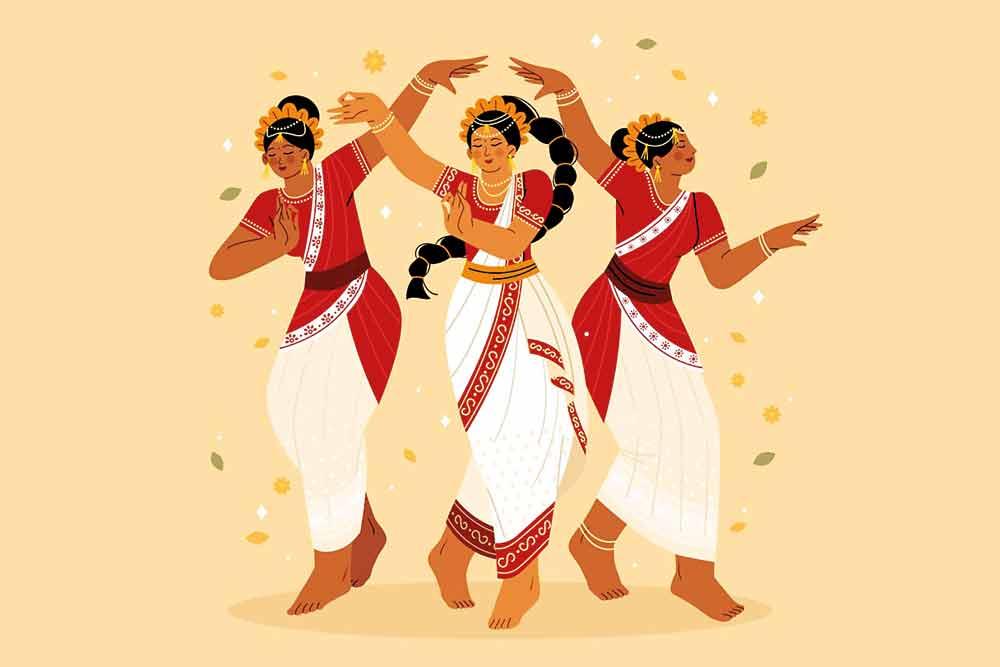Across centuries and continents, women have played pivotal roles in shaping religious thought, practice, and identity. While institutional religion has often been patriarchal, the feminine presence in spirituality is both powerful and enduring.
From the Virgin Mary in Christianity to Yashodhara Devi in Buddhism, from the pantheon of Hindu goddesses to revered women in Islam, female figures have embodied compassion, sacrifice, wisdom, and divine strength. In this article I explore the sacred feminine across major world religions; Christianity, Buddhism, Hinduism, and Islam, examining how women have inspired devotion, carried forward spiritual lineages, and contributed to moral and philosophical frameworks.
1: Christianity: Mother Mary, Saints, and the Feminine Divine
Perhaps the most universally recognized female figure in Christianity is Mother Mary, the mother of Jesus. Referred to as the Virgin Mary, the Mother of God, and the Queen of Heaven, she is venerated across Catholicism, Orthodoxy, and even respected within Islam. Mary symbolizes purity, unconditional love, and the maternal aspect of God’s care. Her “yes” to the angel Gabriel, a consent to become the mother of the Christ, marks a profound moment of agency and spiritual strength.Mary’s influence extends beyond biblical texts. Over the centuries, apparitions such as Our Lady of Lourdes and Our Lady of Fatima have drawn millions of pilgrims. Marian devotion underscores the human longing for a compassionate intermediary, someone who understands suffering and nurtures hope.Beyond Mary, the Christian tradition is rich with female saints, mystics, and martyrs. Figures like Saint Teresa of Ávila, a mystic and reformer of the Carmelite Order, Saint Joan of Arc, a warrior guided by divine visions, and Saint Hildegard of Bingen, a composer, writer, and healer, reflect the diversity of women’s spiritual leadership. These women not only lived lives of holiness but often challenged ecclesiastical and societal norms, leaving behind legacies of courage and wisdom.In contemporary Christianity, especially within Protestant and Anglican traditions, women now serve as ministers, bishops, and theologians, continuing to shape theology and spiritual practice from pulpits and academic institutions.
2: Buddhism: Yashodhara Devi and Enlightened Women
 Buddhism, founded by Prince Siddhartha Gautama, is often seen as a philosophy of liberation from suffering. But the role of women within it has been historically underexamined. One compelling figure is Princess Yashodhara Devi, Siddhartha’s wife. While his departure from palace life to seek enlightenment is well known, Yashodhara’s sacrifice is less often emphasized. She was not only left behind to raise their son, Prince Rahula, but also had her own spiritual journey. In some Buddhist traditions, it is said she eventually joined the monastic order and attained enlightenment. Princess Yashodhara symbolizes the often-unrecognized spiritual labour of women; anchoring families, nurturing faith, and walking their own sacred paths in the shadows of great men. The Buddha himself acknowledged women’s capacity for enlightenment. After initial resistance, he allowed the formation of the Bhikkhuni Sangha, an order of nuns. Figures like Mahapajapati Gotami, the Buddha’s aunt and foster mother, became prominent leaders. Despite the historical subordination of nuns in some Buddhist traditions, modern efforts, especially in Tibetan and Theravada Buddhism, are reviving full ordination rights for women.
Buddhism, founded by Prince Siddhartha Gautama, is often seen as a philosophy of liberation from suffering. But the role of women within it has been historically underexamined. One compelling figure is Princess Yashodhara Devi, Siddhartha’s wife. While his departure from palace life to seek enlightenment is well known, Yashodhara’s sacrifice is less often emphasized. She was not only left behind to raise their son, Prince Rahula, but also had her own spiritual journey. In some Buddhist traditions, it is said she eventually joined the monastic order and attained enlightenment. Princess Yashodhara symbolizes the often-unrecognized spiritual labour of women; anchoring families, nurturing faith, and walking their own sacred paths in the shadows of great men. The Buddha himself acknowledged women’s capacity for enlightenment. After initial resistance, he allowed the formation of the Bhikkhuni Sangha, an order of nuns. Figures like Mahapajapati Gotami, the Buddha’s aunt and foster mother, became prominent leaders. Despite the historical subordination of nuns in some Buddhist traditions, modern efforts, especially in Tibetan and Theravada Buddhism, are reviving full ordination rights for women.

3: Hinduism: Goddesses, Devotees, and the Divine Feminine
In Hinduism, the divine feminine is not peripheral; it is central. The religion features a powerful pantheon of goddesses, each representing different aspects of cosmic energy or shakti. Durga, the warrior goddess, rides a lion and defeats demons, symbolizing courage and righteousness. Lakshmi, goddess of wealth and prosperity, is invoked in homes and businesses alike. Saraswati, the goddess of wisdom and art, is revered by students and scholars. Kali, fierce and unyielding, destroys evil and is a symbol of transformation and liberation. Together, these deities reflect the multifaceted nature of femininity, nurturing yet fierce, beautiful yet terrifying, gentle yet powerful. Hindu mythology also abounds with female devotees and sages. Mira Bai, a 16th-century poet-saint, defied royal norms to express ecstatic devotion to Lord Krishna. Her bhajans (devotional songs) remain widely sung in India today. Women like Gargi and Maitreyi, from the Vedic period, engaged in philosophical debates with male sages and were recognized for their intellectual prowess.Contemporary Hindu movements, like the Mata Amritanandamayi mission (led by “Amma,” known for her healing hugs), demonstrate how spiritual authority continues to be exercised by women, drawing millions in spiritual communities across the world.
4: Islam: Fatima, the Prophet’s Wives, and the Women of Faith
Islam often faces criticism for perceived gender inequalities, yet its spiritual history includes many revered women. Fatima Zahra, daughter of the Prophet Muhammad (PBUH), is a central figure in both Sunni and Shia Islam. Often called al-Zahra (the radiant), Fatima is remembered for her piety, strength, and compassion. In Shia tradition, she is considered among the “Five Pure Ones” and a spiritual mother to the Imams.Khadija bint Khuwaylid, Prophet Muhammad’s first wife, was not only a successful businesswoman but the first person to believe in his prophetic mission. Her unwavering support, financial and emotional, was critical to the early Islamic community. After her death, Prophet Muhammad is said to have grieved deeply, referring to it as the “Year of Sorrow.”Aisha bint Abu Bakr, another wife of the Prophet, is a complex and influential figure. Known for her intelligence and memory, she narrated over 2,000 hadiths (sayings of the Prophet) and played political and theological roles during Islam’s formative years. The Qur’an itself offers examples of righteous women, Maryam (Mary), mother of Jesus, is the only woman mentioned by name and is held in extraordinarily high regard. Her chastity, faith, and devotion are cited as exemplary for all believers, male and female alike.
In Sufism, the mystical branch of Islam, women like Rabi'a al-'Adawiyya, an 8th-century saint, shaped devotional poetry and theologies of divine love. Her intense love for God transcended rituals and rules, emphasizing union with the Divine through the heart.

5: Judaism: Matriarchs, Prophets, and Modern Voices
Although not often at the forefront of modern religious discourse, Judaism contains deep respect for its matriarchs; Sarah, Rebecca, Rachel, and Leah, who shaped the destiny of the Israelite people. The Jewish calendar commemorates the Shabbat candles lit by women, symbolizing peace, continuity, and sacred time. Figures like Deborah, a prophet and judge in the Hebrew Bible, and Esther, who saved the Jewish people from annihilation, reflect moments when female leadership turned the tide of history.
Today, women serve as rabbis, scholars, and community leaders across Reform, Conservative, and Reconstructionist branches, though Orthodox Judaism remains more conservative in female leadership roles. Nevertheless, women like Blu Greenberg and Aviva Zornberg continue to reshape Jewish thought with gender-sensitive theology.

6: The Feminine Principle in Indigenous and Mystical Traditions
Outside the major world religions, indigenous and earth-based spiritual systems often emphasize the sacred feminine as essential to the balance of the cosmos. From the Mother Earth concept in Native American spirituality to Pachamama in Andean traditions, feminine energies are seen as life-giving, sustaining, and cyclical. Mystical and esoteric traditions across faithslike Kabbalah in Judaism or Tantra in Hinduism, elevate the feminine not just as a being, but as a principle: intuitive, receptive, creative, and interconnected with the rhythms of nature.
Beyond Symbolism to Real Power
While women in religion have often been placed in symbolic roles, mothers, martyrs, saints, the deeper truth is that they have continuously shaped, sustained, and sometimes subverted religious traditions. Their stories reveal not just submission, but strength, not just devotion, but leadership, not just purity, but power.In today’s world, where gender equality is being re-examined in every sphere, revisiting the contributions of women in religion is essential. It reminds us that the sacred feminine is not just a relic of the past but a vibrant, evolving force, deeply embedded in the spiritual DNA of humanity.












